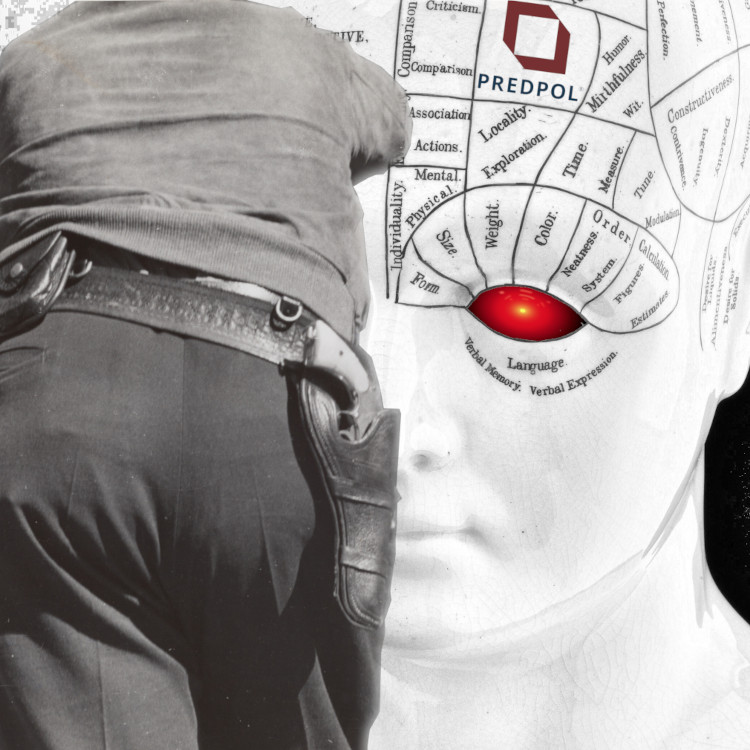
I fell in love with computers in the mid-1970s, starting when I was six and my dad brought home a teletype that could connect to his university's mainframe with an acoustic coupler - a kind of proto-modem with a cradle that fit our kitchen's rotary-dial phone handset. 1/ 

If you'd like an unrolled version of this thread to read or share, here's a link to it on pluralistic.net, my surveillance-free, ad-free, tracker-free blog:
pluralistic.net/2021/12/01/sat… 2/
pluralistic.net/2021/12/01/sat… 2/
The next phase was the CARDIAC, a cardboard computer that you punched out, assembled and operated, following instructions to move counters around registers and solve simple computation problems:
instructables.com/CARDIAC-CARDbo… 3/
instructables.com/CARDIAC-CARDbo… 3/

Then we got our first home computer, an Apple ][+, and I began to program in earnest, learning by retyping long program listings printed in magazines like Byte and Compute:
arstechnica.com/staff/2018/11/… 4/
arstechnica.com/staff/2018/11/… 4/

These were powerful ways to learn how computers worked and how to command them - they were *legible* in a fundamental way, things I could figure out just by playing with them. 5/
But as I wrote programs of my own, I soon discovered gaps in my knowledge - theoretical gaps, things like boolean logic. 6/
I was rescued by a game: Rocky's Boots, an incredibly fun puzzle game that challenges you to construct logic chains to solve levels, like a version of Myst that teaches you the first half of a Computer Science 100 course.
archive.org/details/Rockys… 7/
archive.org/details/Rockys… 7/
This combination of fun and legibility gave me a deep, intuitive understanding of what computers were, what they could do, and how they worked.
Today, I found a lovely little modern game that's squarely in this mold. 8/
Today, I found a lovely little modern game that's squarely in this mold. 8/
The Deadlock Empire is a puzzle game that lets you "test yourself against the intricacies of multi-threaded programming in the divine language of C#."
deadlockempire.github.io 9/
deadlockempire.github.io 9/
You are The Scheduler, and your job is to sabotage the choreography multiple threads within computer programs to induce "deadlocks" that cause them to crash, defeating the Parallel Wizard and leading the Sequentialist Army to victory. 10/
It's not just an arch bit of computer humor - it's a genuinely challenging puzzler that instills that same deep understanding of an esoteric and vital concept from computing. 11/
It's the kind of thing that can deliver "fingerspitzengefühl" ("fingertip feeling"), a German word for an intuitive, thorough sense of a system's functioning. 12/
• • •
Missing some Tweet in this thread? You can try to
force a refresh




















